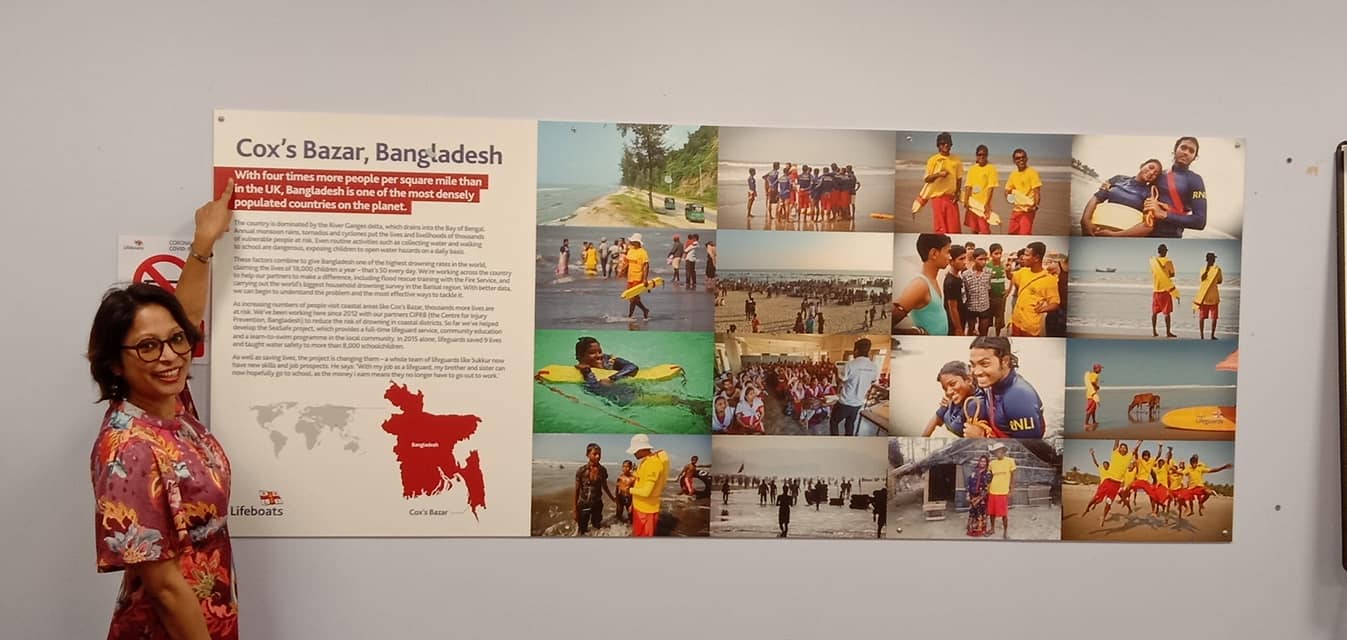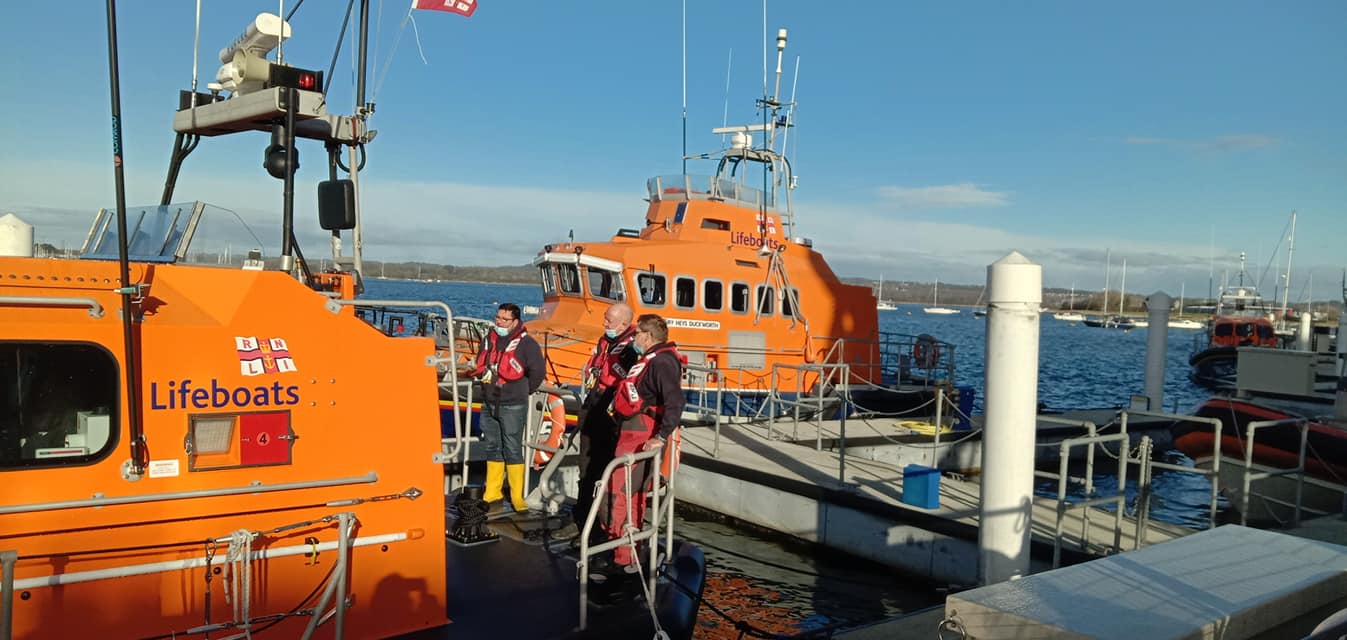DESCRIPTION
Full Title: Understanding the impact of climate change on drowning risk in Bangladesh and Tanzania
Short Title: Climate Change on Drowning Risk Project
Duration: December 2021 to March 2022
Collaborators: University of East Anglia’s (UEA) Water Security Research Centre, Climate UEA and the Avoidable Deaths Network. The project is led by Professor Roger Few (UEA) from Climate UEA.
Funder: The Royal National Lifeboat Institution (RNLI)
Context
According to WHO’s Factsheet, drowning is the 3rd leading cause of unintentional injury death worldwide, accounting for 7% of all injury-related deaths. Although the global burden and death from drowning is found in all economies and regions, low-and middle-income countries account for over 90% of unintentional drowning deaths.
Drowning deaths are avoidable deaths. Dr Nibedita Ray-Bennett is thrilled to work with the UEA on a noble cause of reducing avoidable drowning deaths during disasters and in everyday life in Bangladesh and Tanzania.
Aims
The aims of this project are:
- Review the literature that identifies and discusses the weather-related impacts of climate change in Bangladesh and Tanzania in the 21stcentury, including climate-related migration
- Determine the most likely implications for shifts in drowning risk in Bangladesh and Tanzania because of climate change in the 21st century
- Categorise these risks based on the likelihood of their occurrence, and the geographies and demographics that may be most affected by them
- Apply these findings to the RNLI’s International programmes in Bangladesh and Tanzania to estimate the likely impact on the feasibility and effectiveness of existing interventions to continue to prevent drowning.
OUTPUT
Citation: Few, R., Omasete, J., Geere, J., and Ray-Bennett, N. (2023) Climate change and drowning risk in Bangladesh and Tanzania and the implications for RNLI programmes. DEV Reports and Policy Papers Series 24, The School of International Development, University of East Anglia, UK.
UPDATES
January 2023: A report entitled ‘Climate change and drowning risk in Bangladesh and Tanzania and the implications for RNLI programmes’ was published by the The School of International Development, University of East Anglia. Click here to download.
12 March 2022: The project has been concluded. An Analysis Report has been submitted to the funder RNLI.
25 February 2022: The project partners are writing up the findings and analysis in the form of a Report.
14 February 2022: Dr Nibedita Ray-Bennett visited the Royal National Lifeboat Institution (RNLI) College in Poole, Dorset, England with her University of East Anglia colleagues, and country partners from Bangladesh and Tanzania. The interesting findings from the day are that by 2040, most likely the drowning risk will increase in urban areas and the periphery of cities. Additionally, boys below 5 years of age and poor socio-economic households are likely to be the most at risk of drowning from floods and WASH related issues.


1 December 2021: Dr Nibedita Ray-Bennett attended the inception meeting for the research project titled ‘Understanding the impact of climate change on drowning risk in Bangladesh and Tanzania’. The inception meeting was organised by the funder, Royal National Lifeboat Institution (RNLI) in London.
